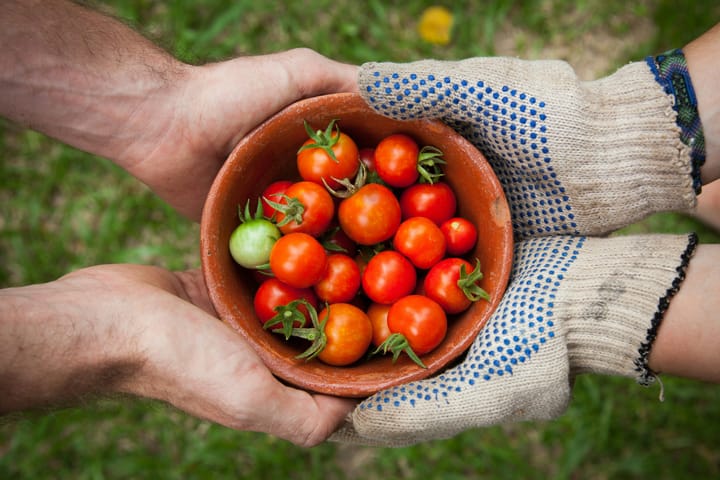In recent years, tariffs have become a hot topic in economic and political discussions. While they may seem like an abstract concept…
In recent years, tariffs have become a hot topic in economic and political discussions. While they may seem like an abstract concept, tariffs have real-world implications that can ripple through the economy and affect your daily life. But what exactly are tariffs, how do they influence the U.S. economy, and how can you maintain a simple lifestyle despite their effects?
What Are Tariffs?
Tariffs are taxes or duties imposed by a government on imported goods. The primary purpose of tariffs is to make imported products more expensive, thereby encouraging consumers to buy domestic goods. Tariffs can serve multiple purposes, such as protecting local industries, generating government revenue, or exerting economic pressure on trading partners.
For example, if the U.S. imposes a tariff on steel imported from another country, it increases the cost of that steel. This can make domestically produced steel more competitive in price, potentially boosting local production and employment. However, it can also raise costs for industries that rely on imported steel, such as construction and manufacturing.
How Tariffs Affect the U.S. Economy
Tariffs have both positive and negative effects on the economy. Understanding these impacts can help you navigate potential changes:
- Higher Prices for Consumers: When tariffs are applied, the cost of imported goods often rises. Companies importing these goods may pass on the increased costs to consumers, resulting in higher prices for everyday items like electronics, clothing, and even food.
- Economic Growth in Certain Sectors: Industries protected by tariffs may experience growth as they face less competition from foreign imports. This can lead to job creation in those sectors.
- Retaliatory Measures: Other countries may respond to U.S. tariffs with their own, making American exports more expensive abroad. This can hurt industries reliant on global trade, such as agriculture and technology.
- Inflationary Pressures: Increased costs of goods due to tariffs can contribute to inflation, which reduces purchasing power and can slow economic growth.
- Impact on Supply Chains: Businesses dependent on imported materials may face disruptions or higher production costs, which can trickle down to consumers.
Living Simply in a World of Tariffs
While tariffs may lead to higher prices and economic uncertainty, you can still embrace a simple and intentional lifestyle that helps you weather these changes.
- Prioritize Local and Sustainable Products: Supporting local businesses not only aligns with the philosophy of simple living but can also reduce your exposure to tariff-induced price increases. Seek out locally made goods, which may become more competitively priced compared to imported alternatives.
- Reduce Consumption: A key principle of simple living is to buy less and focus on what you truly need. By cutting back on unnecessary purchases, you’ll spend less and make more intentional choices, regardless of economic fluctuations.
- DIY and Upcycling: Consider making or repurposing items instead of buying new. From homemade cleaning supplies to refurbished furniture, DIY solutions can save money and reduce dependence on imported goods.
- Focus on Experiences Over Things: Tariffs might make physical goods more expensive, but they don’t affect the value of experiences. Invest in activities that enrich your life, like spending time outdoors, connecting with loved ones, or learning a new skill.
- Adopt a Budget-Conscious Mindset: Plan your purchases and stick to a budget to navigate higher costs. Look for sales, compare prices, and consider secondhand options to stretch your dollars further.
Final Thoughts
Tariffs may bring challenges, but they also present an opportunity to reassess priorities and embrace a simpler, more intentional way of living. By focusing on local goods, reducing consumption, and finding joy in experiences, you can mitigate the impact of economic changes and continue to thrive. Living simply isn’t just a lifestyle choice — it’s a resilient approach to navigating an ever-changing world.






Comments ()